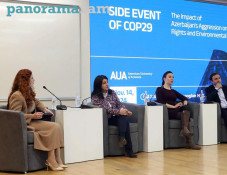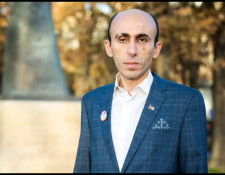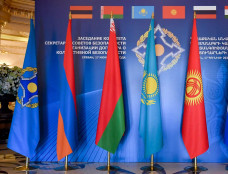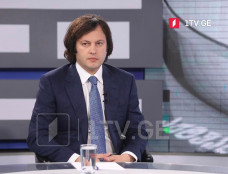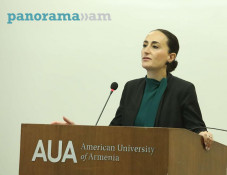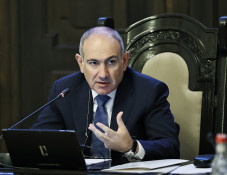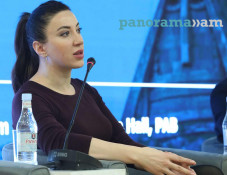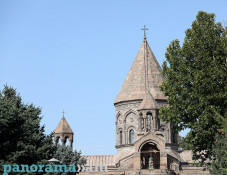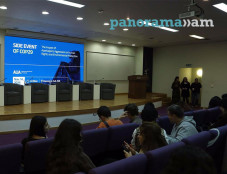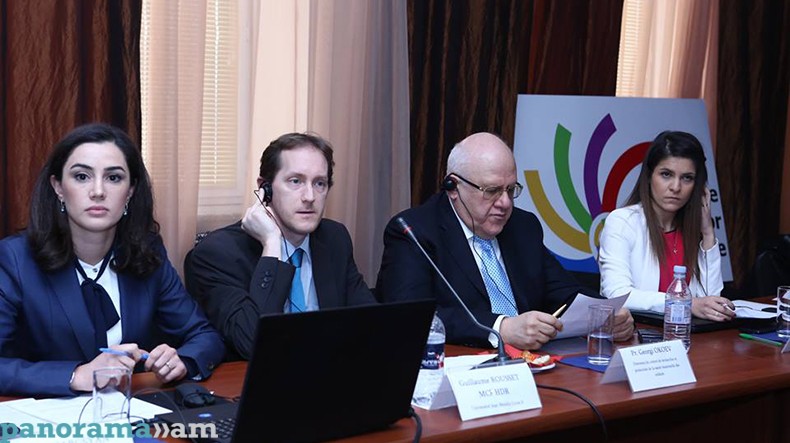
Surrogate motherhood: Experience of Armenia and France
The first surrogate mother in Armenia gave birth to twins in 2006 – a woman had a congenital uterus condition and her sister served as a surrogate for her. A legal conference on problems of surrogate motherhood took place recently at the School of Advocates, with the participation of Georgy Okoyev, Director of Yerevan Scientific Research Center of Mother and Child Health Protection.
In Armenia, surrogacy is regulated by the 2002 Law on Reproductive Health and Reproductive Rights. Under the law, women aged between 25 and 35 who have given birth at least once may serve as surrogate mothers. Prior to that, they shall undergo a medical examination.
Work is now underway to improve the law by making additions and amendments to it.
“Amendments are being made in the law adopted in 2002. The reason is that medical technologies are rapidly developing. A lot of applications are received. Surrogacy is an acceptable phenomenon in our society,” Head of Armenian Health Ministry’s Mother and Child Health Care Department Karine Saribekyan said.
The amended draft law is currently under discussion at Justice Ministry.
Surrogate motherhood is banned in France. According to a participant of the conference, medical law expert Guillume Rousset, although the practice has a long history, in France people believe that surrogacy violates the right to freely dispose of one’s own body.
“A surrogate mother bears the child of another person so she is no longer responsible for her body. Besides, the French law says that a person may not become a surrogate mother because kinship ties may form between the surrogate mother and the child,” the French expert noted.
He reminded those present of the story of Sarah and Abraham, noting that Sarah eventually resorted to surrogacy: she asked her servant to have sex with Abraham and their son Isaac was born.
G. Rousset spoke about reproductive tourism in France: people find a surrogate abroad and after the birth, they return to France with the child. Gay and lesbian couples in France also become parents through surrogacy. In the words of the French expert, it seems that things began to move now – a report on the issue was adopted by the Senate so the legislative field will likely be regulated soon.
“If I agree to provide my body to help a childless couple have a child, then who are you, state agencies?” the French legal expert said to substantiate the need to deal with the problem.
Ms. Saribekyan said that foreigners, too, may seek surrogacy in Armenia, except for same-sex couples, because the Armenian law defines marriage as a union between a man and a woman.
Georgy Okoyev said that in Armenia they have not encountered things that could cause problems in France.
“There has been no case in Armenia when a problem arose between a surrogate mother and the adoptive parents. Everything is regulated by a contract, and both sides assume obligations towards each other,” Okoyev said.
Following these discussions, healthcare executives will summarize their observations and include them in a draft law, Health Minister Armen Muradyan said.
“We see some problems in the field of surrogacy motherhood and we will try to solve them,” he added.
Newsfeed
Videos





